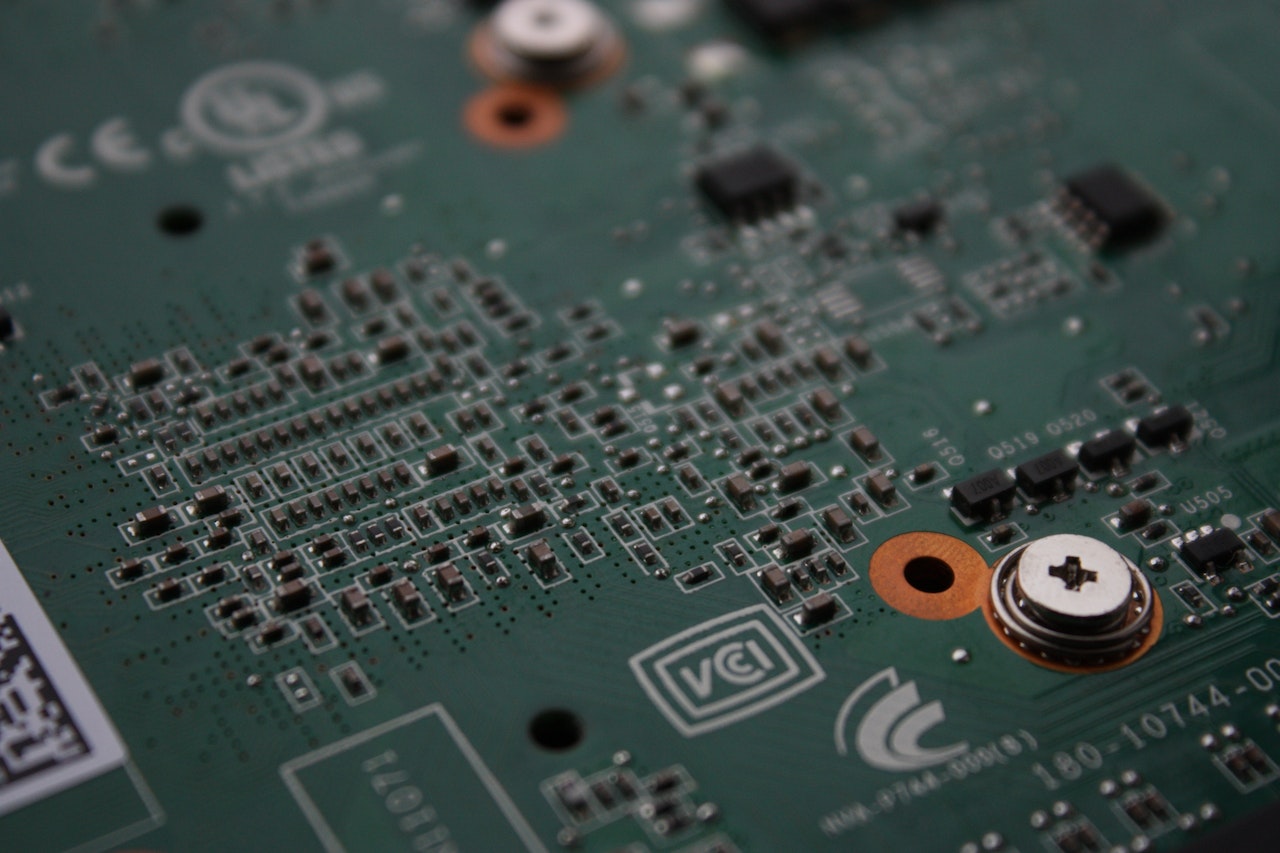Shares of Broadcom Corporation (NASDAQ: AVGO) took a significant hit today, plummeting by 6% in response to a recent report from The Information, suggesting that Alphabet-owned tech giant Google has been mulling over the possibility of severing its ties with Broadcom as a supplier of artificial intelligence (AI) chips by as early as 2027. This potential move by Google could have substantial cost-saving implications, estimated in the billions of dollars annually, as the company contemplates taking the production of its tensor processing units (TPUs) in-house.
The Information’s revelation comes on the heels of a pricing negotiation dispute between Broadcom and Google, further complicating their business relationship. In addition to the prospect of Google seeking alternatives, the tech behemoth is actively exploring options to replace Broadcom with Marvell Technology as the primary chip supplier for its sprawling network of data centers. This development has injected vigor into Marvell’s premarket trading, causing a notable 3% surge, while Broadcom has taken a downturn, trading at $777 on what is already a rather bearish market day.
Broadcom, under the leadership of CEO Hock Tan, has established itself as a significant player in the AI industry, positioning itself as the second-largest beneficiary of the AI boom, trailing only Nvidia in this arena. Hock Tan has predicted that AI technology could contribute to more than a quarter of the company’s semiconductor revenue in the upcoming year.
In a noteworthy assessment this past May, analysts from J.P. Morgan estimated that Google would bring in a staggering $3 billion in revenue for Broadcom in 2021, following an “order acceleration” for its TPU processors. This high figure underscored the importance of Google as a client to Broadcom, adding a layer of complexity to the current situation.
The AI landscape has witnessed tech giants, including Microsoft and Amazon.com, racing to create custom-designed chips tailored to meet their specific workloads. This year also witnessed a remarkable increase in the cost of Nvidia’s H100 chip, a core component for the majority of generative AI applications, with its price nearly doubling from its initial tag of $20,000.
In a climate where large enterprises are fervently seeking cost-saving opportunities and exploring the development of specialized processor chips, the repercussions of Google’s potential shift in suppliers loom large. The broader implications of this development remain uncertain, with both Google and Broadcom awaiting the verdict of time.
As of now, Google, Broadcom, and Marvell Technology have refrained from providing any official comments in response to inquiries from Reuters.
In the dynamic AI market, companies like Google and Broadcom are relentlessly innovating, aiming to cut costs and develop bespoke chips. This report adds another chapter to the ongoing transformation of the chip industry, particularly within the context of Broadcom shares and the evolving strategies of Google.
Source: Reuters



